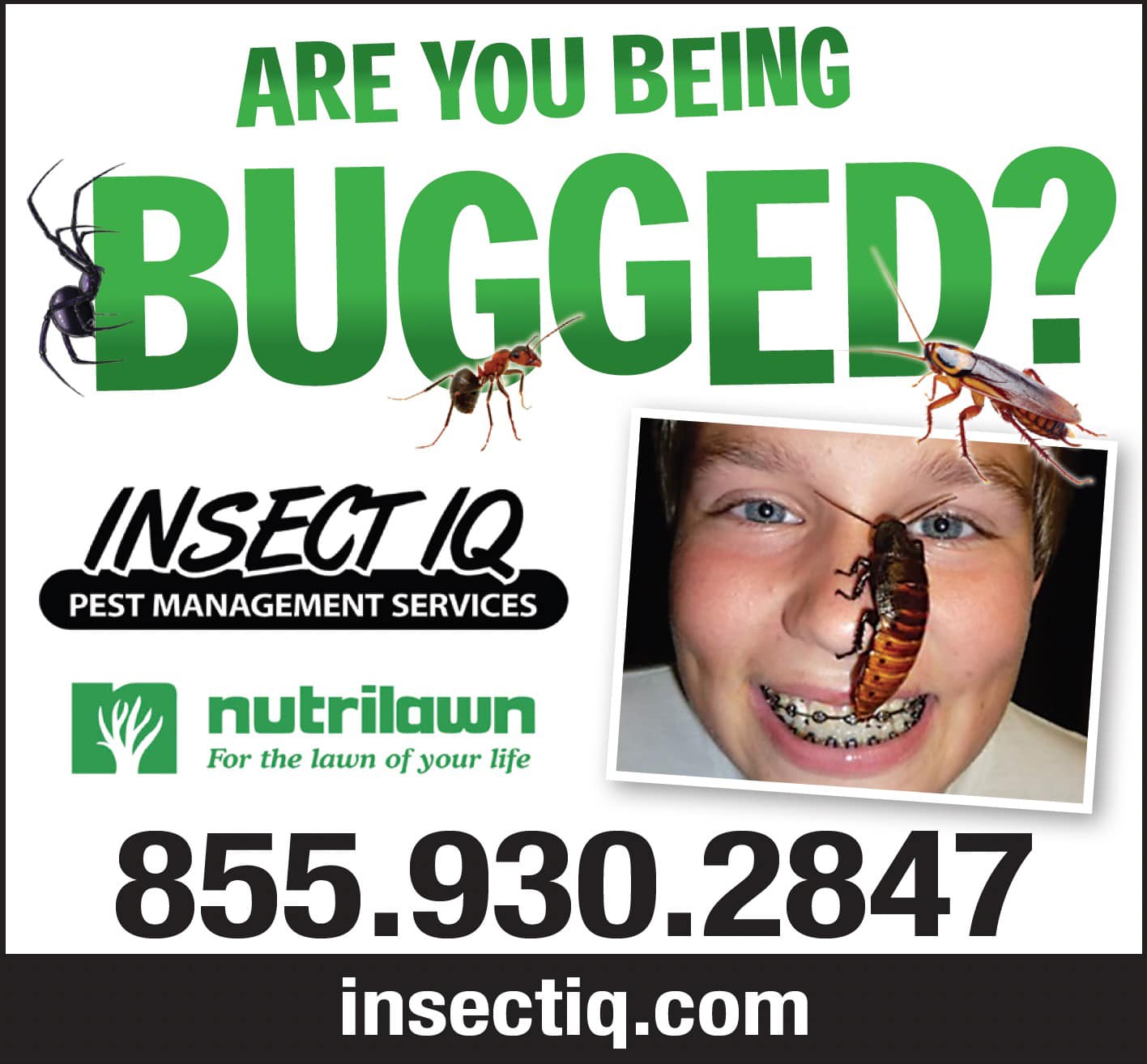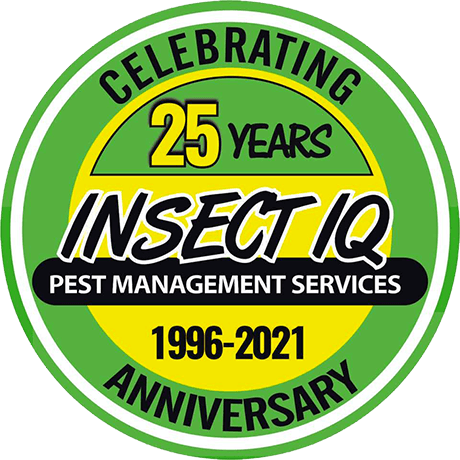What to Know about Termite Swarming Season.
With the approach of warmer and rainy months, Floridians should be aware that termite swarming season is imminent, increasing the risk of infestation in homes and businesses. Florida is home to many cities with high rates of termite infestations. During "swarm season", it is crucial to be vigilant for signs of termite colonies around your property as unnoticed infestations can result in costly repairs. As we transition from cooler and drier winter months to the hot and humid climate that Florida is known for, termite species in Florida tend to experience a sharp increase in swarms. Educate yourself on termite season in Florida, how to identify signs of infestation, and when to contact Insect IQ for assistance.
Scheduling frequent inspections and preventative treatments prior to the appearance of termites is one of the most effective ways to prepare for termite swarming season in Florida. Contact Insect IQ today to arrange a FREE inspection of your home or business. Our pest control specialists will perform a comprehensive evaluation of your property's termite treatment requirements, including customized pricing. Do not wait until termite season causes damage to your home in Florida. Stay ahead of these troublesome creatures by calling Insect IQ today.
So What Is a Termite Swarm?
When termite swarms occur, groups of these pests, often numbering in the hundreds or thousands, fly around a localized area in search of a new place to build their colony. Usually, they are attracted to sources of light, which can include the interior of your home.
A termite swarm can last from 30 to 40 minutes, during which time you may observe them near windows, glass doors, porch lights, and other areas. They can enter your home through open doors, cracks in windows or doors, soffits, the garage, or any other space that allows them entry.
While "swarmers" or flying termites do not bite or sting people or pets, they are attempting to establish new colonies. If they succeed, the new colony can cause significant structural damage to your home. Early detection and treatment with the help of a professional can quickly eliminate these termites. Various species of termites exist in Florida, each with its own specific swarm season, which is the period of weeks or months that a termite species leaves the nest to fly, find a mate, and reproduce.
If you notice a termite swarm in or around your Florida home, do not wait for signs of damage to wood structures, such as attics, crawl spaces, facia, flooring, door and window frames, and more. Instead, contact Insect IQ promptly. One of our professionals will assess any potential colony formation and promptly administer the appropriate treatment.
When Is Termite Swarming Season in Florida?
In Florida, there exist various termite species, each with its unique swarming habits. Due to the region's warm and humid weather all year round, different termite species swarm at different times. While the specific environmental cues that prompt a termite swarm remain somewhat unknown, it's generally understood that some species swarm in response to high humidity or temperature, while others may swarm during the day or night. Although all termite swarms share common characteristics such as having four wings, straight antenna, and a broad waist, there are subtle differences in color and size that only a trained professional can detect by analyzing wing venation. Check out the list below for common termite species in Florida and the months and conditions they typically swarm in. However, keep in mind that these distinctions can be hard to spot, so it's best to consult with an expert inspector.
Termite swarm season in Florida, by species:
The Eastern Subterranean Termite is a native subterranean termite species found in Florida. Its swarming season typically spans from November to May, with the highest intensity observed between January and April. This small and dark-colored termite species usually swarms during daylight hours, and often discards its net-like wings close to windows.
The Dark Southeastern Subterranean Termite, which is another native subterranean termite in Florida, shares some similarities with the Eastern Subterranean Termite. This species typically swarms during warm and sunny days and has a dark coloration. However, their swarm season is different, occurring from mid-October through June, with the highest intensity from March to May.
The Light Southeastern Subterranean Termite, although considered less of a threat to structures in South Florida, can still cause infestations. It is the last of the native subterranean termites and has a swarm season from November to March, with the most intense swarming occurring between December and February. Unlike other native subterranean termites, this termite is light in color and swarms in the evening. Because of this, it has a history of being misidentified as a Drywood Termite, making it crucial to have a qualified inspector to properly identify the species.
The Formosan Subterranean Termite is an invasive and exotic species of termite that has become established in South Florida, and has rapidly spread along the coastlines. This termite is of particular concern to homeowners, due to its potential to cause damage. It is a large, yellow-colored termite with a hairy appearance, and it can be found swarming between the months of March and July.
The Asian Subterranean Termite is similar in appearance and closely related to the Formosan Subterranean Termite, but it is typically characterized by a darker orange-brown color on its back while its belly maintains the characteristic yellowish color of the Formosan termite. This termite has a swarm season that peaks from March to May but can start as early as February.
To prevent termite infestations in your home or business, it's crucial to take action before the swarming season hits in the Spring and Summer. Delaying the call to a professional after noticing termites swarming inside the property may result in an existing or upcoming infestation, leading to significant damage. Contact Insect IQ now for a complimentary inspection and a customized treatment plan. Furthermore, homeowners can employ useful tips and techniques to minimize their risk of being invaded by swarming termites.
To defend against termite swarming season in Florida, it's important to have knowledge on what to look for, how to make your home less attractive to termites, and when to call for professional help. With over 50 years of experience, Insect IQ is equipped to help South Florida homeowners prevent and treat termite infestations. Our inspectors are trained by two University Entomologist, and can conduct a thorough property inspection and discuss with you the best ways to reduce the risk of infestation, including preventative treatments. Protect your home, your biggest investment, by preparing for termite swarming season with Insect IQ.
Contact us today to learn more about our termite prevention and treatment options. Just call Insect IQ.
Insect IQ has been servicing the Tampa Bay community for over 25 years. We are family-owned, we are local, and we are proud to call ourselves a small business. We provide jobs here in the Tampa Bay area and believe every homeowner is more than a number. We are a member of our community and you deserve the best pest control service.
CONTACT US 855-930-2847
Pest Control License Insect IQ JB131270
Certified Pest Control Operator JF8248 1994
Pest Control, Lawn & Ornamental, Termite, Fumigation
State of Florida Registered Beekeeper: FL0290619S
1994 UF Entomologist Jonathan Simkins
2020 UF Entomologist Britton Simkins
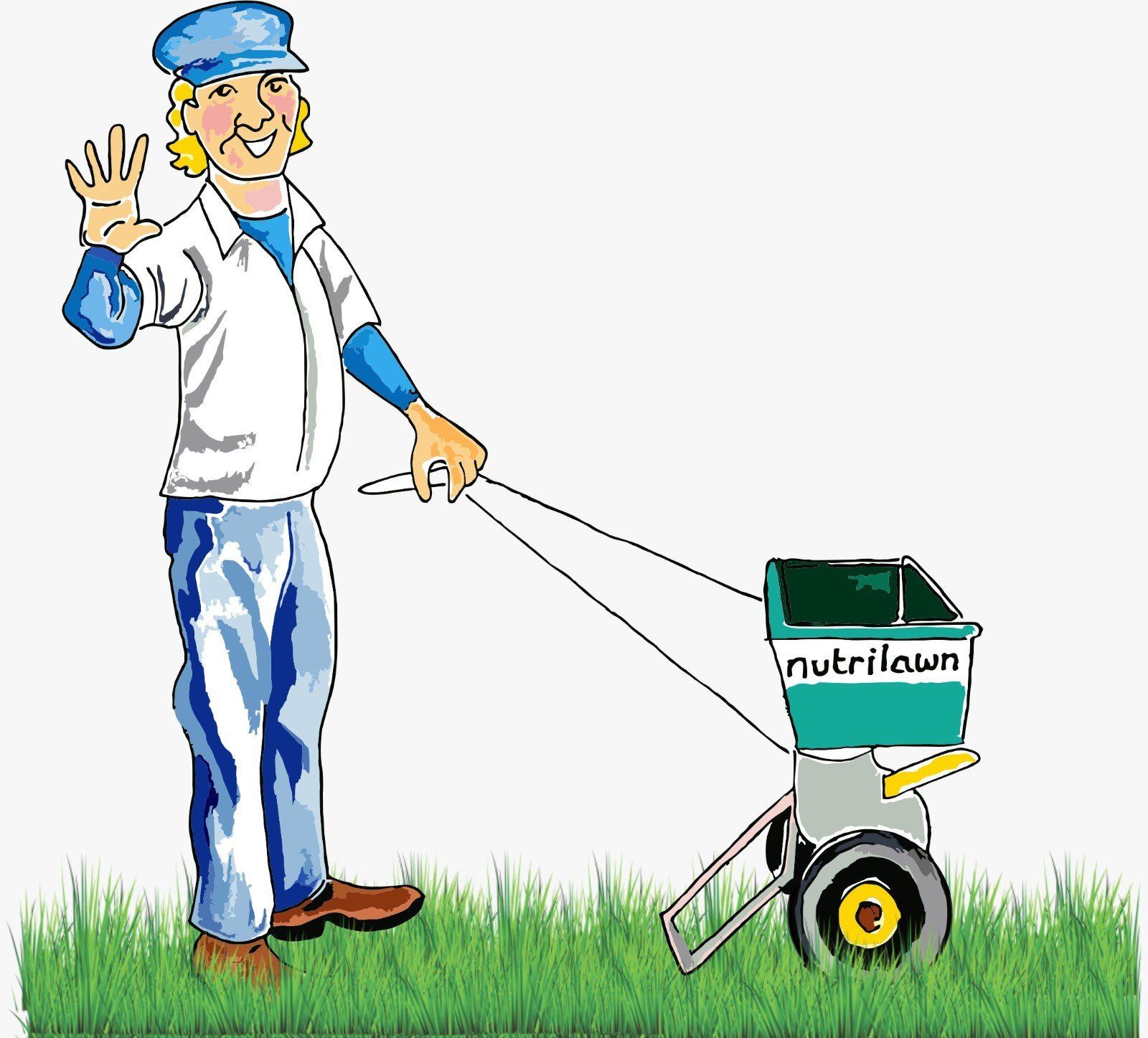

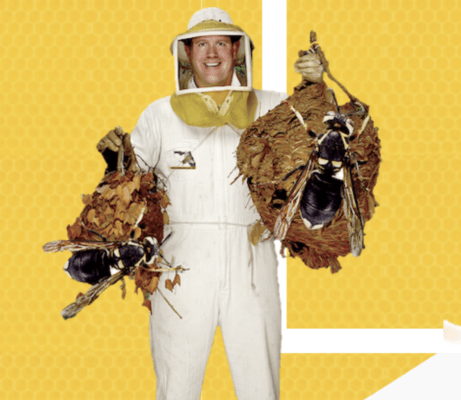

Insects and Rodents in Your Christmas Decorations Ensuring a Pest-Free Holiday Season with Insect IQ
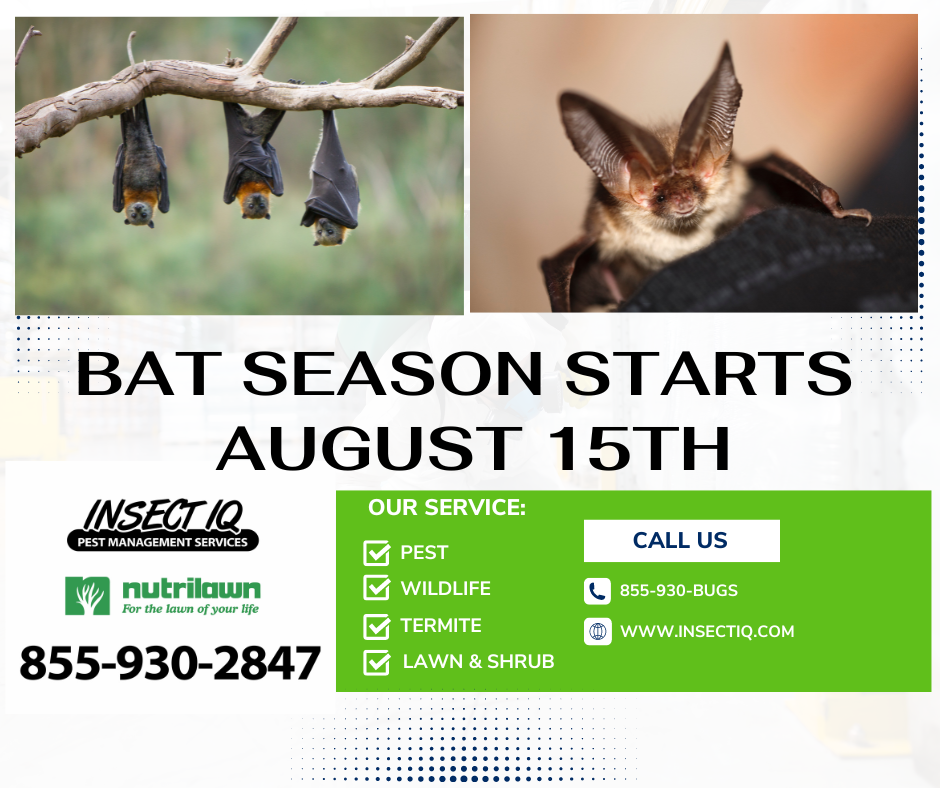



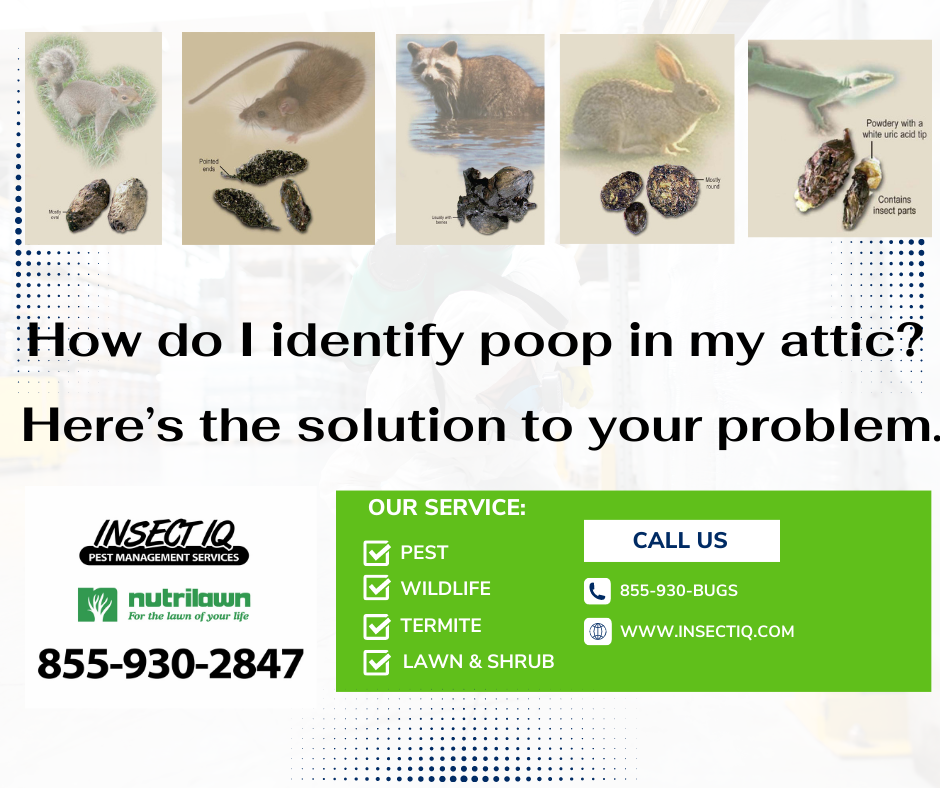
Insect IQ has been serving Florida Clients that has been providing commercial pest control and a variety of pest control services since 1996. Our pest experts are licensed professionals and exceptionally trained.
Contact Us
You can always contact us via email, text, call or chat. If you need to schedule a visit or have a question about bugs or other stinging insects?. We are standing by 24/7 to help.
855-930-2847 (bugs)


